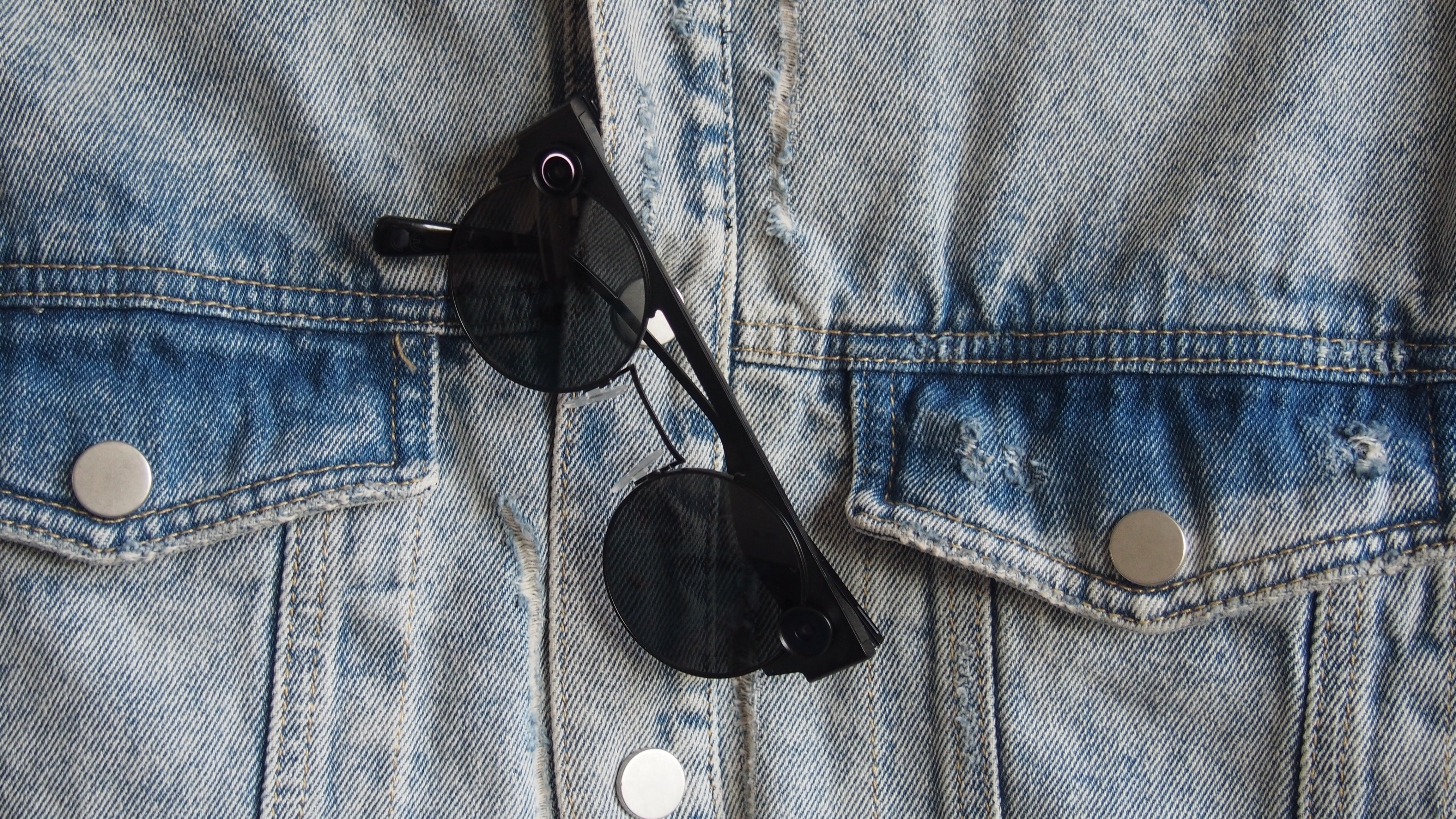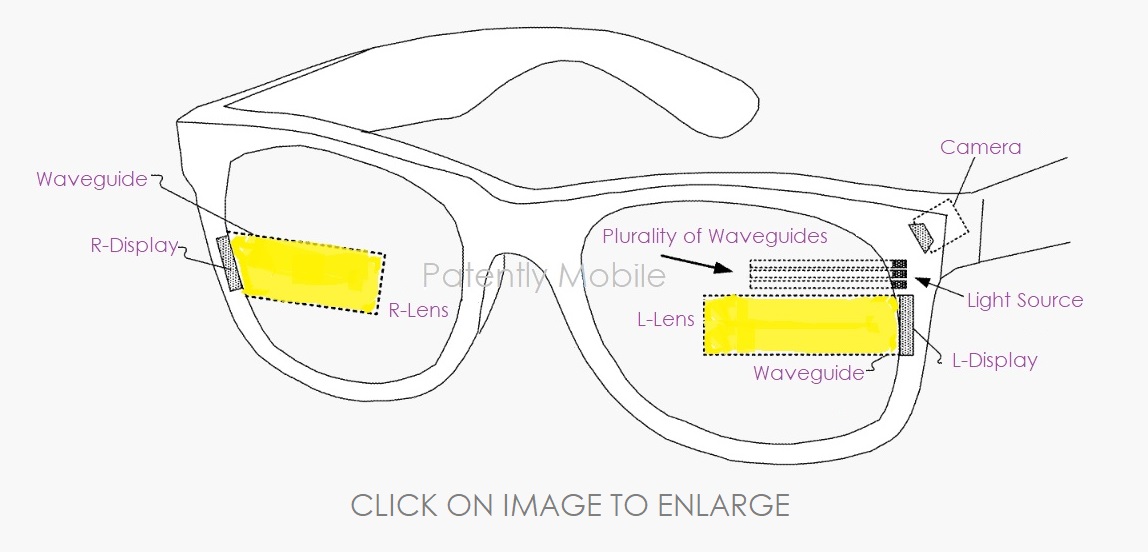This Facebook smart glasses patent shows a future potential Apple Glass rival
With top depth sensing

Sign up for breaking news, reviews, opinion, top tech deals, and more.
You are now subscribed
Your newsletter sign-up was successful
While the rumored Apple Glasses are the smart glasses most people are aware of, other companies are working on similar tech too and we've just seen a first glimpse at how Facebook's own alternative might work.
This comes from a patent found by Patently Mobile, which shows how one key piece of tech in the Facebook Glasses (as we're calling them, though that might not be the final name) may work.
We haven't heard much about Facebook's smart glass plans yet, other than the fact it has them (thanks to the company buying certain companies that might help this endeavor) so any such products are likely a few years away. Still, this will give us an idea of what Facebook is considering.
- Check out our Snapchat Spectacles 3 review
- The iPhone 12 is coming up
- Check out our iPhone SE (2020) review
How far is it?
The Facebook Glass patent shows different methods the spectacles could sense depth and range, which would be useful for various AR tools as well as photography and more.
Smartphones typically use a Time-of-Flight (ToF) or laser focusing sensor to do this, but both have various drawbacks and Facebook seems to be working on a slightly different method.

The patent shows Facebook Glasses with a camera and waveguides on the lens, which create three different interference patterns and chooses the best of the three.
It also seems that the specific lenses of Facebook Glass will be packed with tech, which suggests you won't be able to use the specs with the lenses your optician may give you. Instead, these may only be useful for people who don't need prescription glasses.
Sign up for breaking news, reviews, opinion, top tech deals, and more.
Since the Facebook Glasses are just a rumored product for now, it seems this patent just shows tech Facebook is testing that might not make its way to the finished product. Despite this, we can still see Facebook's trying to find improved solutions to typical problems, a precedent which could apply to other parts of the glasses too.

Tom Bedford is a freelance contributor covering tech, entertainment and gaming. Beyond TechRadar, he has bylines on sites including GamesRadar, Digital Trends, WhattoWatch and BGR. From 2019 to 2022 he was on the TechRadar team as the staff writer and then deputy editor for the mobile team.